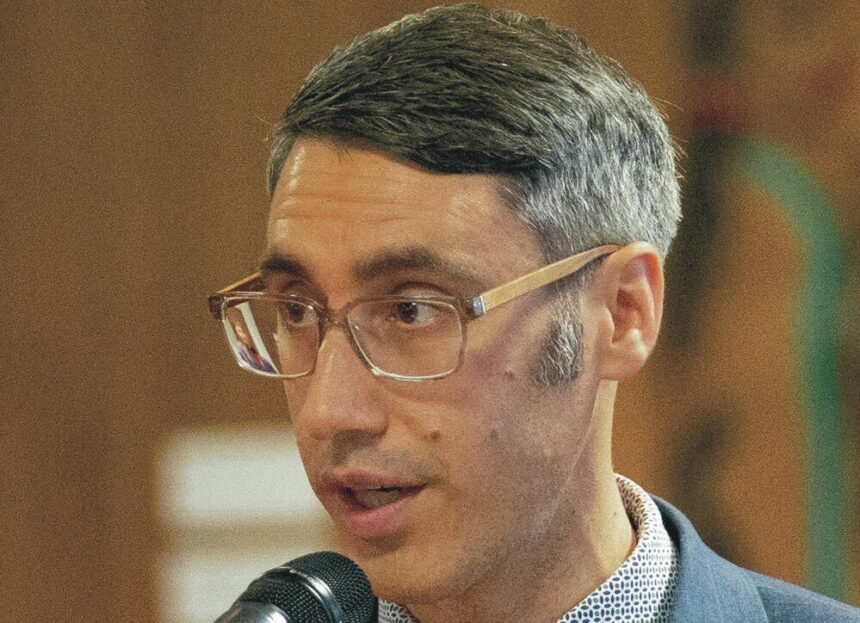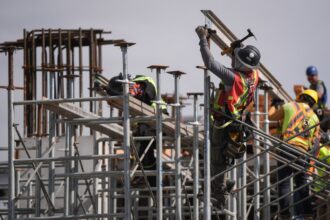In a scathing critique that has sent ripples through Victoria’s political landscape, city councillor Dave Thompson has publicly condemned Island Health for what he characterizes as a “shameful” lack of action in addressing the region’s escalating toxic drug crisis. During Thursday’s council meeting, Thompson’s frustration boiled over as he detailed how the health authority has consistently failed to implement life-saving measures despite Victoria maintaining one of British Columbia’s highest drug toxicity death rates.
“When we look at the numbers, they’re absolutely staggering,” Thompson declared, visibly emotional as he referenced recent statistics showing Victoria’s overdose death rate stands at 81.9 per 100,000 people—dramatically higher than the provincial average of 45.7. “This isn’t just a statistic; these are real lives being lost while bureaucratic processes drag on endlessly.”
Thompson’s criticism centered particularly on Island Health’s approach to safe supply initiatives and supervised consumption sites. Despite the province’s decriminalization pilot program implemented in January 2023, which permits adults to possess up to 2.5 grams of certain illegal substances, Thompson argued that Island Health has failed to complement this policy with adequate harm reduction services.
“We’ve been advocating for expanded safe consumption sites for over three years,” Thompson noted, “yet Island Health continues to study the issue to death—quite literally.” The councillor pointed to successful models in other Canadian cities where integrated approaches have shown promising results in reducing overdose fatalities.
Dr. Leah Hollins, a public health expert not affiliated with Island Health, explained in an interview that the situation reflects broader systemic issues. “What we’re seeing in Victoria is unfortunately common across many jurisdictions—a disconnect between policy direction and implementation capacity. Health authorities are often caught between provincial mandates and operational constraints.”
Island Health responded to Thompson’s criticism with a statement emphasizing their commitment to addressing the crisis, noting that they have increased naloxone distribution by 35% over the past year and expanded outreach services to vulnerable populations. However, they acknowledged that “more work remains to be done” and cited staffing shortages and infrastructure limitations as ongoing challenges.
The confrontation comes amid growing political pressure across British Columbia to address what many are calling a public health emergency that shows no signs of abating. Last year, the province recorded 2,511 toxic drug deaths—the highest annual total ever documented.
Mayor Marianne Alto, while more measured in her approach, supported Thompson’s underlying concerns. “While we appreciate the complexity of this issue, the reality is that people are dying at unprecedented rates in our community. We need more urgent action and less bureaucratic delay.”
Community advocates like Sarah Blyth from the Overdose Prevention Society have rallied behind Thompson’s comments. “When we’re losing people every day, process and protocol become luxuries we simply cannot afford,” Blyth stated. “Every delay means more lives lost.”
As Victoria grapples with this ongoing public health crisis, the question remains: will Island Health respond to this public challenge with meaningful action, or will the bureaucratic stalemate continue while the death toll rises? For families who have lost loved ones to toxic drugs in Victoria, the answer cannot come soon enough.










